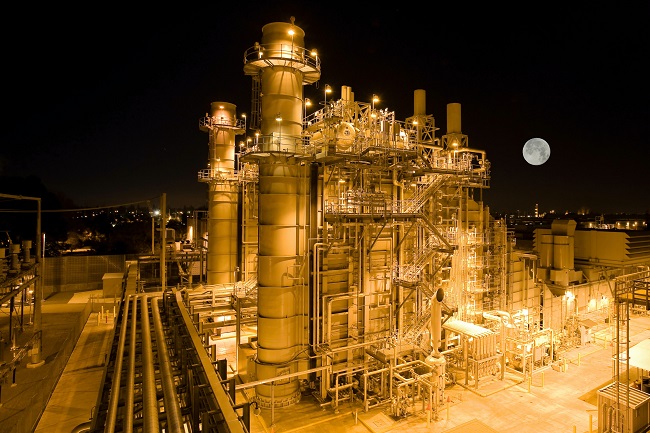In February 2021 and again in March 2021, I wrote in this blog about the effects of Winter Storm Uri and summarized what I heard from my public power members from Texas to Illinois to Arizona – what went right, what went wrong, and what needed to change.
I could go into great detail about what the American Public Power Association has done since, including urging the federal government to investigate the almost unfathomable lack of natural gas supply and certainly unpredictable price spikes that accompanied the supply shortage (which they have) and assisting our members in developing proposals to shore up natural gas supply to prevent similar events in the future.
To be clear, APPA’s members — not-for-profit, community-owned, and operated electric utilities — have an incredible track record of reliable operations and care deeply about providing reliable and affordable service. They are not natural gas producers or suppliers, but either purchase natural gas to operate natural-gas-fueled power plants or purchase the output of natural gas-fueled power from other electric utilities or independent power producers. Public power utilities also generate or buy power from a variety of other sources – nuclear, coal, hydropower, wind, solar, geothermal, biomass, oil (for emergencies), and other niche fuel sources.
As a result of Uri, they have looked hard at their operations, hedging strategies, and available options. Almost 35% of the power produced by the public power part of the electric sector is fueled by natural gas. This proportion has increased over the years because the supply from the ground has increased (good job, U.S. oil and gas producers), which has brought down the price. Since natural gas is a cleaner-burning fuel than coal, the movement toward natural gas has helped our sector reduce greenhouse gas and other emissions.
Our sector needs all available fuel sources to be reliable and affordable, which is why APPA and our members have supported everything from carbon capture utilization and storage, or CCUS, for both coal and natural gas to investments in small modular and other advanced nuclear reactors to community solar to offshore wind to storage to hydrogen … and the list goes on. I want to be abundantly clear: we need natural gas to keep electricity reliable on a daily basis, but we cannot tolerate the level of unreliability we had with Uri last year, nor the accompanying price increases. What set many of our members over the edge was the unabashed glee that gas suppliers exhibited about those high prices. While we know that the oil and gas industry is a series of boom-and-bust cycles, the Uri price cycle was more like a sonic boom that blew out the pocketbooks of many small towns. It cannot happen again.
Just a couple of weeks ago, we saw a concerning price spike in the New York Mercantile Exchange natural gas futures market that resulted in higher natural gas prices for some purchasers. Of particular concern is that the price spike happened during the last 30 minutes of trading, perhaps as a result of limited liquidity and short-covering trades near the close of the day as the February contract expired. It is not clear that the price increase was supported by market fundamentals (prices fell the next day). APPA’s brethren trade association, the American Public Gas Association, has asked for a prompt review by the Commodity Futures Trading Commission and APPA will do the same this week. Our antenna is up because Uri showed us the extent to which price spikes can happen when supply is constrained.
From both the price and supply sides, we must get this right, not just as an industry, but as a country. We need natural gas, and the gas suppliers need electricity to be reliable in the long-term so that natural gas can continue to be part of the mix.
While APPA staff has received guidance from our members on this important matter over the last year, APPA’s members will gather on March 1, as part of our annual Legislative Rally to crystallize that interim guidance into sanctioned APPA policy. I’ll be sure to report on the outcome in my next blog.

